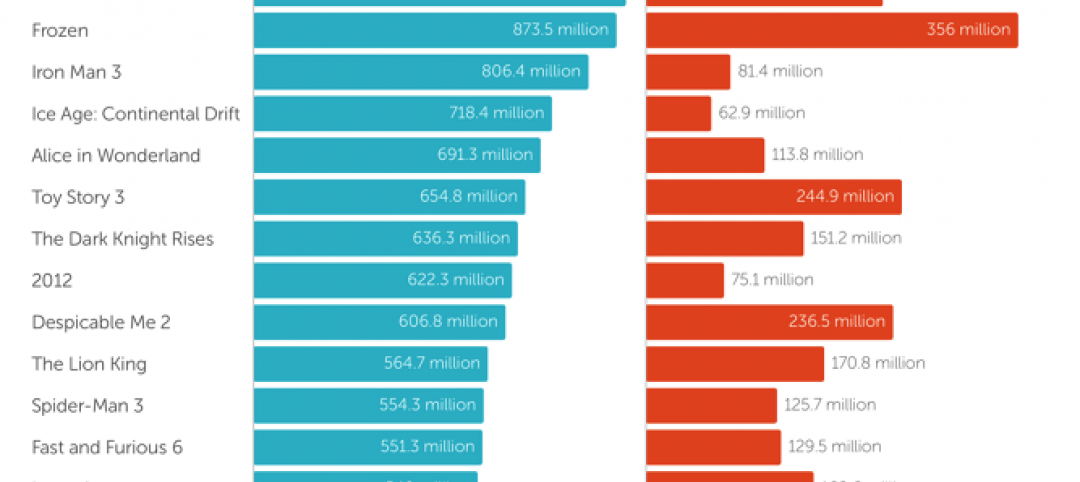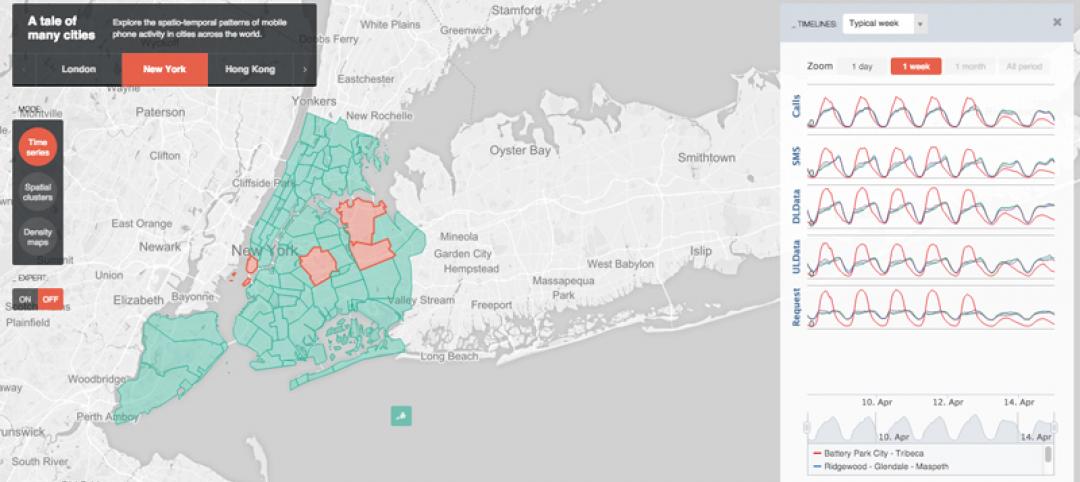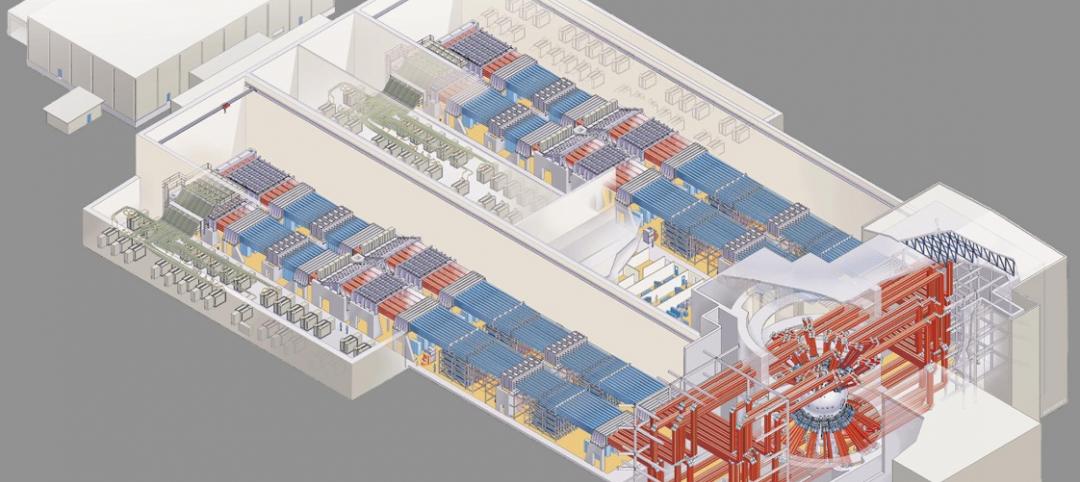As general contractors look to technology for an edge in the slowing commercial construction market, Web-based bidding programs are helping them to connecting bid information, subcontractors, and proposals. A 2008 survey by the Construction Financial Management Association found that 62% of general contractors participated in Web-based construction bidding vs. 43% in 2006.
Web-based bid invitation programs, such as iSqFt.com, SmartBidNet.com and Smartprojectnews.com, give general contractors a private, secure place to invite subcontractors and suppliers to view and bid on their projects, distribute construction documents, and generally streamline the bidding process. The leader in the industry is Cincinnati-based iSqFt with about 700 contractor customers that each pay a fee of $1,800 to $10,000 with extra fees to add users and pre-qualification tools. SmartBidNet and the recently launched Smart Project News are quickly gaining customers.
SmartBidNet: Managing subcontractors
SmartBidNet, College Station, Texas, is the brainchild of founder and president James Benham. Benham invented the program while he was a student at Texas A&M University as a replacement for fax-based subcontractor management services such as Bidfax. Unlike other programs, SmartBidNet's is aimed directly at the general contractor. It makes mundane tasks such as subcontractor bidding, RFIs, and the sharing of construction documents easier.
In SmartBidNet's simple interface, general contractors can create a “favorites” list of subcontractors organized by location, skills, federal minority status, and other criteria for an annual fee. Bidders such as subs have free, 24-hour access to project plans, specs, and other information on any project a general contractor posts to its SmartBidNet page. SmartBidNet also offers comprehensive subcontractor pre-qualification management. SmartBidNet charges by the user and starts at $4,000 a year for its service and only charges extra fees for fax communications.
SmartBidNet has 30 employees, including 17 software engineers, and releases an updated version of SmartBidNet.com every month. Some of the recent improvements to the site include an iPhone app, a pre-qualification form builder, and open XML integration.
Smart Project News: Supplying leads
Smart Project News is a recently launched online subscription service created to provide both general contractors and subcontractors with project information and leads. Users can browse thousands of commercial construction projects from parent company Reed Construction Data's North American project databases and quickly identify the jobs with the most potential. (Note: Reed Construction Data and BD+C are owned by the same parent corporation, Reed Elsevier, Inc.)
Smart Project News users can select a specific project stage—planning, bidding, post-bid, etc.—to search for project opportunities, or they can cast a wider net and search for all projects in the database. Users can also limit their searches by distance, Zip code, (e.g., “10-mile radius from Charlotte, N.C.”), project value, bid date, and owner type. You can also limit searches to prequalified and invited bidders. You can save projects you're interested in into a tab on the Smart Project News site and submit bids online. Users can also set up automated e-mail updates for projects in their area.
The application's project listings provide names and phone numbers of the entire Building Team for a post-bid project; for most projects, the service also supplies plans that can be downloaded as image files. For projects in the planning stage, Smart Project News provides an owner contact, general project information telling where the project lead was originally published, and special categories (e.g., “federal stimulus package project”).
Subscription costs for Smart Project News are determined by the user's location (state, province, or metro area) but average around $1,800 a year. Customers can also go to smartprojectnews.com and buy leads by the project through Reed Construction Data's SmartLeads service, at $150 a project. The Smart Project News service was launched in August.
“As bonding is ratcheted up we're seeing prequalification happening more often,” said SmartBidNet's Benham. “Our sales cycle has picked up as a result of that. Our customers are fighting for the work out there.”
Related Stories
BIM and Information Technology | Nov 3, 2015
How virtual and augmented reality can shape architecture and design
Gensler's Alan Robles examines a few ways VR and AR could create value for architecture and design professionals.
BIM and Information Technology | Oct 29, 2015
MIT develops ‘river of 3D pixels’ to assemble objects
The Kinetic Blocks can manipulate objects into shapes without human interference.
BIM and Information Technology | Oct 27, 2015
Magic Leap's breakthrough augmented reality project continues to generate support
The company is developing the Dynamic Digitized Lightfield Signal. It projects images onto the retina, giving users an interactive 3D experience.
BIM and Information Technology | Oct 26, 2015
Tableau’s new app, Vizable, converts spreadsheets into charts and graphs
Everyday users can simplify large amounts of data and sift through it interactively.
Architects | Oct 20, 2015
Four building material innovations from the Chicago Architecture Biennial
From lightweight wooden pallets to the largest lengths of CLT-slabs that can be shipped across North America
BIM and Information Technology | Oct 19, 2015
A robotic arm can 3D print, etch, solder, and carve from a desktop
It’s not just a 3D printer. The creators say Makerarm can also etch, solder, and put icing on cake.
BIM and Information Technology | Oct 19, 2015
New web tool from MIT organizes human movement in interactive graphs
Users can explore the mobile phone activities in London, New York, Los Angeles, and Hong Kong.
BIM and Information Technology | Oct 12, 2015
NIBS launches effort to develop BIM guideline for owners
Aim is to provide uniformity in the delivery of BIM projects.
BIM and Information Technology | Oct 11, 2015
VR for all: How AEC teams are benefiting from the commercialization of virtual reality tools
AEC teams are using gaming engines to not just showcase their projects, but to immerse their clients, end users, and Building Team members in highly detailed, fully lit environments that simulate the final structure.
BIM and Information Technology | Oct 9, 2015
Facebook’s data center complex has become economic engine for one North Carolina town
Cities are now vying for these facilities with sizable tax incentives.
















